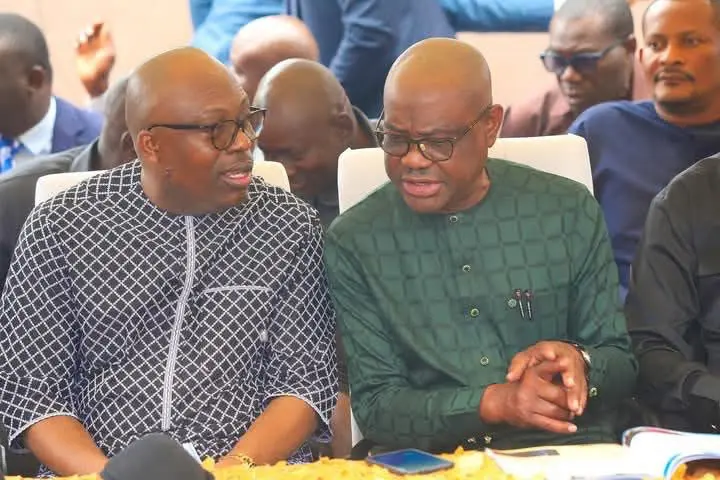CBAAC marks the 45th anniversary of FESTAC
[ad_1]
By Segun Kasali
The Centre for Black and African Arts and Civilisation (CBAAC) recently marked the 45th anniversary of the Second Festival of Arts and Culture (FESTAC 77) with a conference themed ‘Cultural Diversity and Integration on Nation Building in Africa and the Diaspora: 45 years after.’
CBAAC Director-General, Mrs Olubunmi Amao, Professor Stella Omonigho of the Department of Foreign Languages, University of Benin, and Dr Adebayo Ogunlewe of the Department of English, University of Lagos, were the lead discussants. They shared their views on how cultural artefacts could be better managed, made generally acceptable and promoted across the continent.
Explaining the meeting’s purpose, Amao described FESTAC as a revival of the hope and aspirations of blacks and Africans. “Considering a world where the blacks and Africans generally are treated without respect, dignity and recognition, FESTAC rekindled Africans’ hope. CBAAC has come up with the 45th commemoration of FESTAC to re-enact the hopes and aspirations of Africans further,” she said.
Amao said Nigeria’s acceptance of organising FESTAC was majorly influenced by the need to recall, record and document the contributions of Africa and people of African descent throughout the world to human civilisation.
“Indeed, FESTAC was an epochal event that revived the hope and aspirations of black and African people in a world where they were treated without respect, dignity and recognition. FESTAC equally took place to project African cultures to the world and strengthen the historical connection and relationship between Africa and the diaspora. Regrettably, 45 years after FESTAC, most African countries still grapple with the challenges of integration and nation-building, occasioned by the marked diversity that characterises their societies. These pertinent issues are for discussions in the course of this conference,” she said.
Amao noted further that the conference would examine factors inhibiting Africa’s growth and development and hopes to fashion out effective ways of managing cultural diversity to engineer and establish progressive changes in Africa and the diaspora.
In her presentation, Professor Omonigho urged Nigerians to appreciate their culture and refrain from perceiving it as a curse. “It is unfair that colonisation and westernisation have adulterated our culture. Our culture should not be seen as a curse. We must come together to harness the enormous potential in our culture and commercialise it, this is what the western world has done, and we are imitating them. Using human hair and wearing western attire enriches the economy of the west to the detriment of our economy.
“If our culture is properly harnessed, we will be envied globally. Our culture in music, arts, crafts, and literature should be focused on for growth,” she said
Omonigho added that African culture should be embraced for self-realisation, development of moral values, knowledge acquisition, stability and discipline.
“African culture dwell on moral values, how a woman should comport herself. It teaches women to close their laps and cross their legs while sitting, but we can see women sitting carelessly now. This is derailment from African culture. It gives native intelligence that no school can offer. It is observed that children raised in the villages are more intelligent than those in the city,” she said.
Omonigho said that to address youth restiveness, inter-school cultural competitions should be constantly organised by the government.
Earlier, Dr Ogunlewe decried the decline in readership of Nigerian literature, an aspect of African culture. He urged Nigerians to consciously create ample time to read African literature for knowledge acquisition.
Also contributing, Sam Agbi, Director Theatre Arts Department, National Council for Arts and Culture (NCAC), urged the government to go the extra mile in creating a market for cultural products produced locally.
Agbi noted that the government could drive demand for cultural products like local fabrics when schools are mandated to use them as uniforms. He said organisations could also patronise local products like artworks when they acquire them for use in offices and individual homes.
ALSO READ FROM NIGERIAN TRIBUNE
[ad_2]














Post Comment